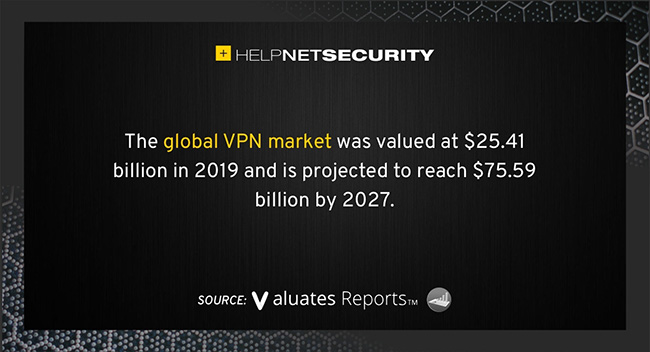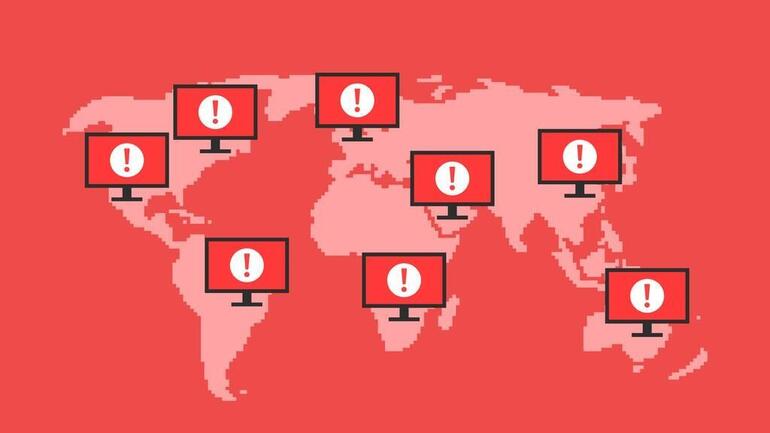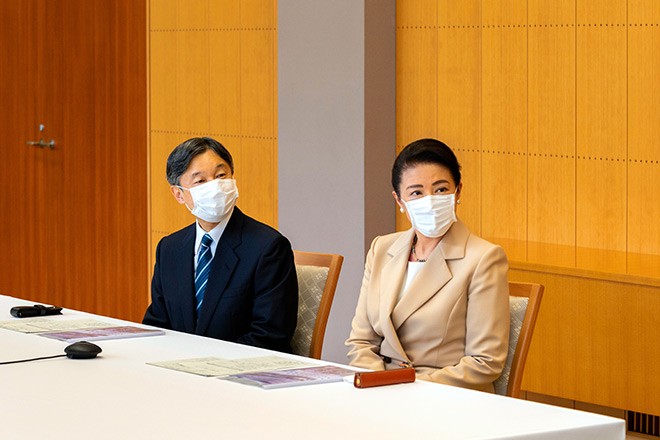EdTech and Smart Classroom Market to Reach USD 251.78 billion by 2027; Rising Adoption of Artificial Intelligent to Bolster Growth: Fortune Business Insights™
Pune, Feb. 01, 2021 (GLOBE NEWSWIRE) — The global edtech and smart classroom market is set to gain traction from the increasing adoption of machine learning (ML) and artificial intelligence (AI). This information is given by Fortune Business Insights™ in a new study, titled, “EdTech and Smart Classroom Market Size, Share & COVID-19 Impact Analysis, By Instructional Aids (Smart Classroom, and Mobile Learning), By Hardware (Interactive Projectors, Interactive whiteboards, and Others), By Educational Tools (Admission Automation Tools, Administration Tools (ERP & CRM), Learning Management Tools, Alumni Management Tools, Placement Management Tools, Library Management Tools), By Technology (Gamification, Analytics, Enterprise Resource Planning (ERP), Advanced Technology (AI, AR, VR, Robotics, and Blockchain) and Others), By End-User (Higher Education, K-12, and Kindergarten), and Regional Forecast, 2020-2027.” The study further mentions that the market size was USD 74.33 billion in 2019 and is projected to reach USD 251.78 billion by 2027, exhibiting a CAGR of 16.6% during the forecast period.
COVID-19 Pandemic: Growing R&D Activities to Affect Industry Positively
The COVID-19 pandemic has taken a toll on the education industry across the globe. Therefore, policymakers are taking initiatives to deploy effective learning solutions for increasing students’ engagement. The pandemic has also accelerated research and development activities to develop new edtech and smart classroom solutions that would help students to continue their education smoothly. Our reports provide detailed insights into the industry for helping you grow your business amid this difficult situation.
To get to know more about the short-term and long-term impact of COVID-19 on this market,
please visit: https://www.fortunebusinessinsights.com/edtech-and-smart-classroom-market-104662
How Did We Develop This Report?
We have conducted extensive primary and secondary research to gather information about various aspects of this report. Our special interviews with end user respondents and supply side respondents helped in gaining insights into the average pricing, per capita consumption…




